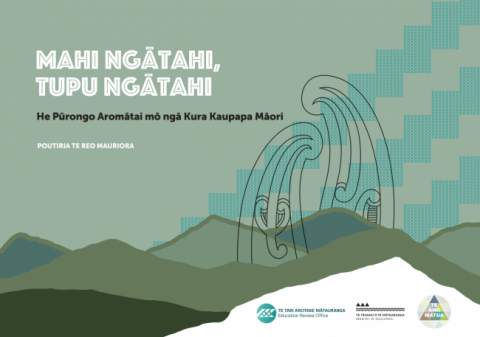Partners in Learning: Parents' Voices
Published: 01 Sep 2008
ERO is interested in what happens in the classroom and also in how parents and the community can help in the education of school students. We have therefore evaluated the way schools engage their parents, whānau and community. The result is a collection of three reports on different aspects of Partners in Learning: the findings of the evaluation; examples of good practice; and the voices of parents. This report sets out the views of parents and others in the community about their role in the education of their children.
- Audience:
- Parents
- Content type:
- Research
- Topics:
- Parents
- Māori parents and whanau
- Pacific parents
- Refugees
- Special education





